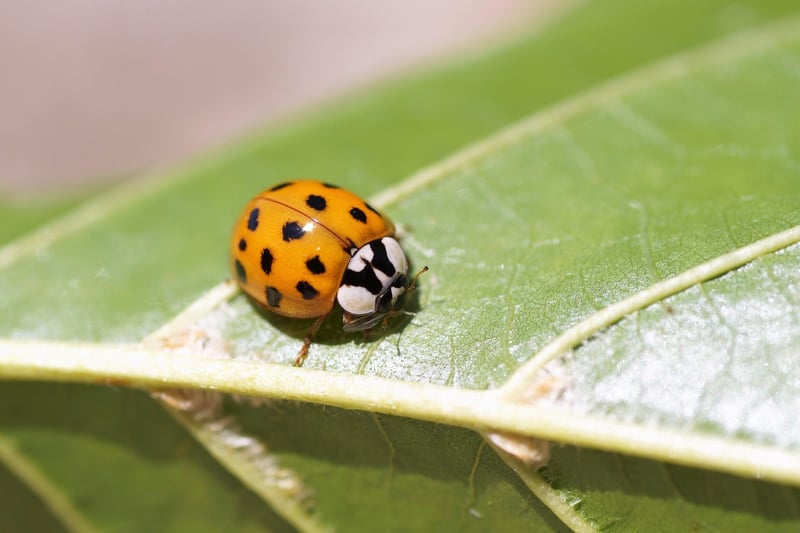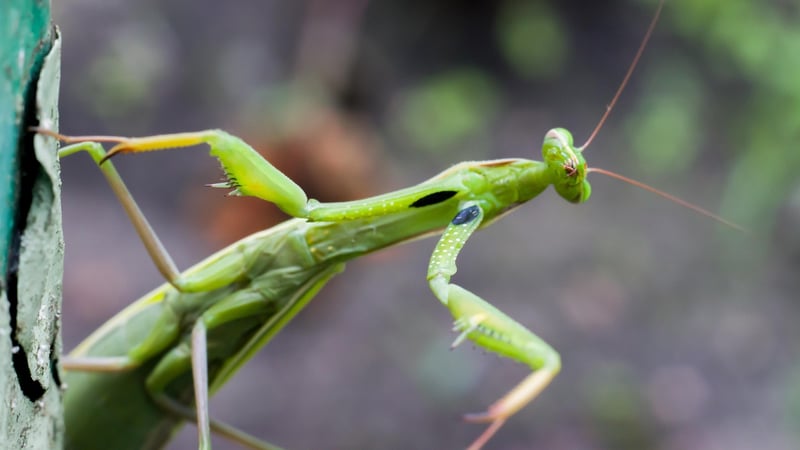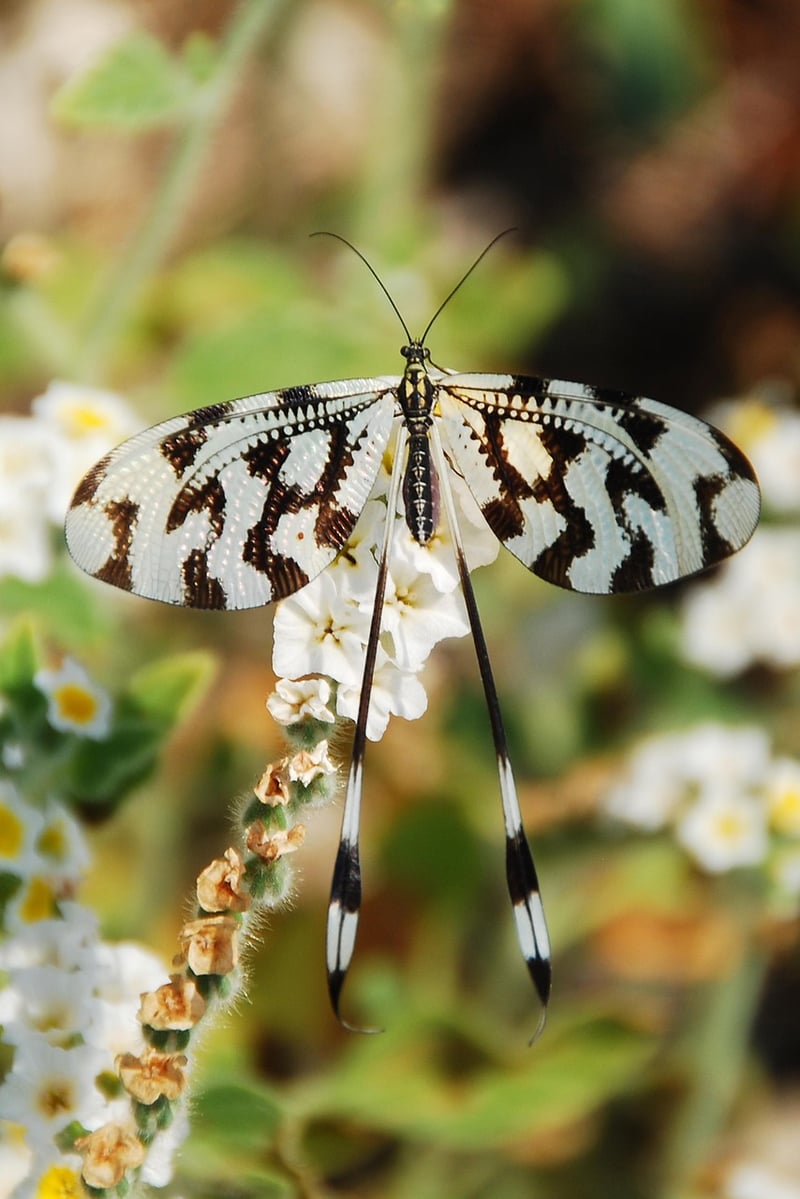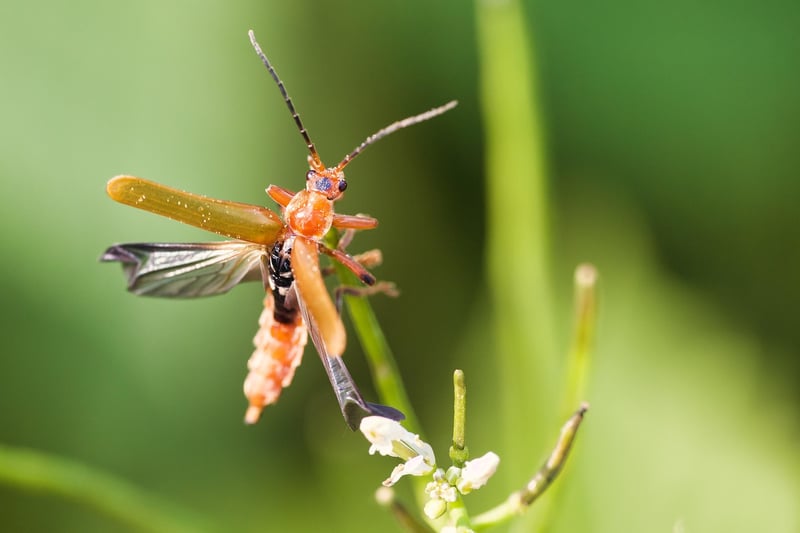Beneficial Insects
Protecting Your Garden Naturally and Harnessing the Power of Beneficial Insects
Natural Methods for Garden Protection
When it comes to safeguarding your garden without harsh chemicals, there are several effective natural methods you can employ:
- Companion Planting: Planting certain species together can help repel pests and attract beneficial insects.
- Organic Mulch: Mulching with materials like straw or wood chips can deter weeds and retain moisture.
- Biological Pest Control: Introduce predators like ladybugs or praying mantises to keep pest populations in check.
- Neem Oil: A natural insecticide derived from the neem tree that can help control common garden pests.
- Beneficial Nematodes: These microscopic organisms can target and eliminate soil-dwelling pests.
Harnessing the Power of Beneficial Insects
Beneficial insects play a vital role in maintaining a healthy garden ecosystem by preying on harmful pests. Some of the most beneficial insects include:
- Ladybugs: voracious predators that feed on aphids, mealybugs, and other soft-bodied insects.
- Praying Mantises: skilled hunters that eat a variety of pests like beetles, caterpillars, and flies.
- Lacewings: known for consuming aphids, mites, and other small insects that can damage plants.
- Ground Beetles: nocturnal predators that feed on slugs, snails, and other garden pests.
By attracting and supporting these beneficial insects in your garden, you can naturally control pest populations and reduce the need for chemical interventions.
Conclusion
Protecting your garden using natural methods not only helps preserve the environment but also contributes to a more sustainable and biodiverse ecosystem. By harnessing the power of beneficial insects, you can create a balanced and thriving garden that flourishes without the need for harmful chemicals.
Remember, a healthy garden is a happy garden!




References: Gardening Know How, Planet Natural
